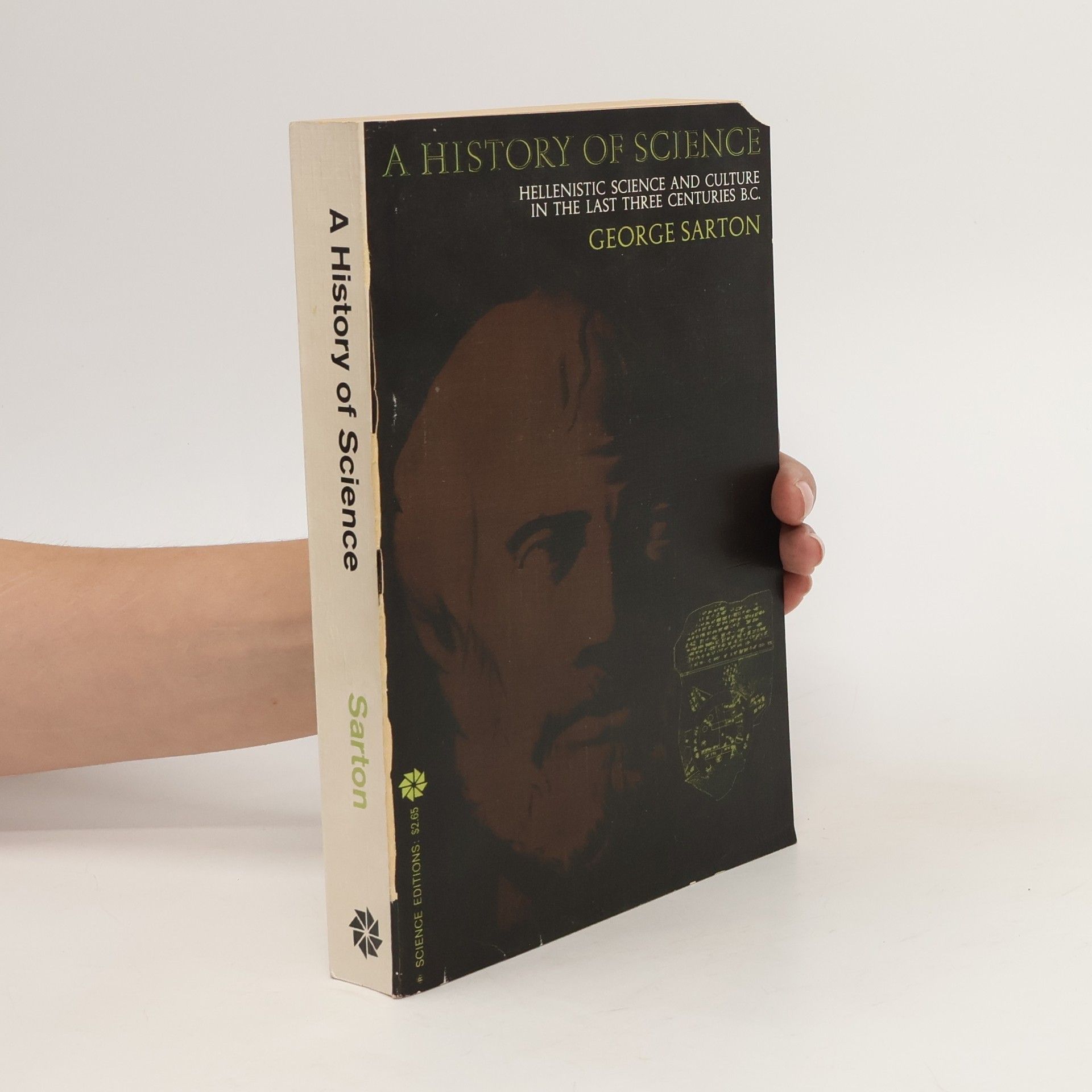George Sarton Book order (chronological)
George Sarton pioneered the field of the history of science. His ultimate aspiration was to establish an integrated philosophy of science, bridging the natural sciences with the humanities, a concept he termed 'the new humanism.' Sarton's work emphasizes the interconnectedness of scientific knowledge and the broader cultural landscape. His enduring legacy lies in founding a critical approach to understanding the evolution of scientific thought and its place within human civilization.
